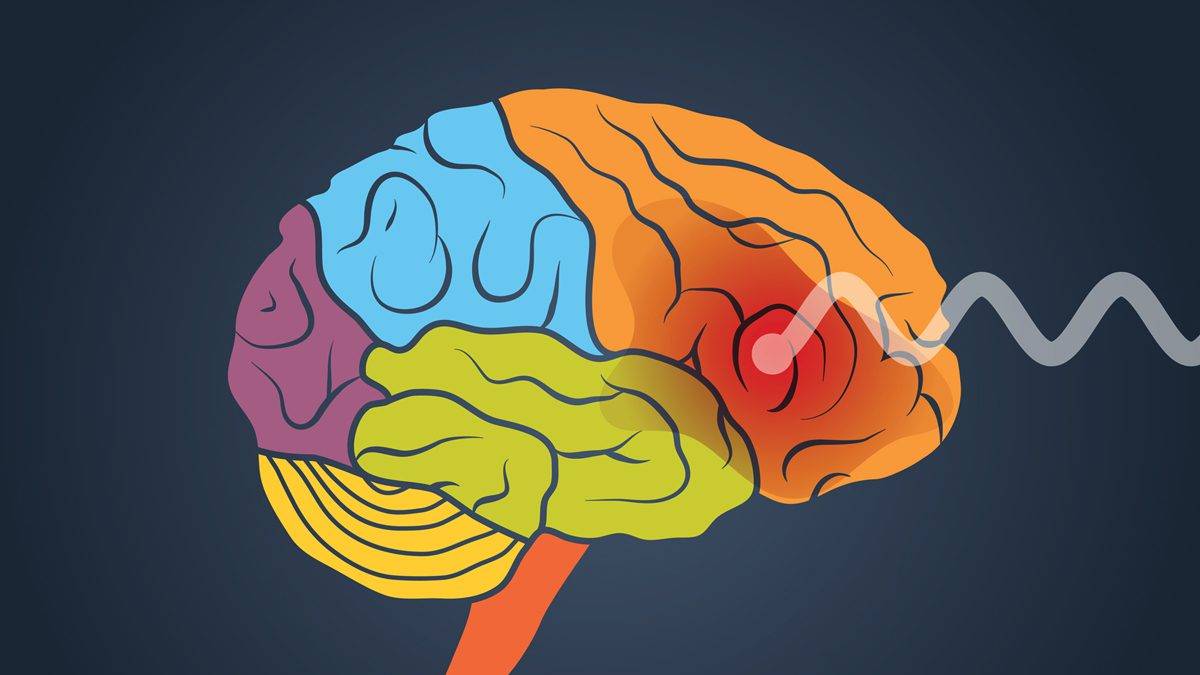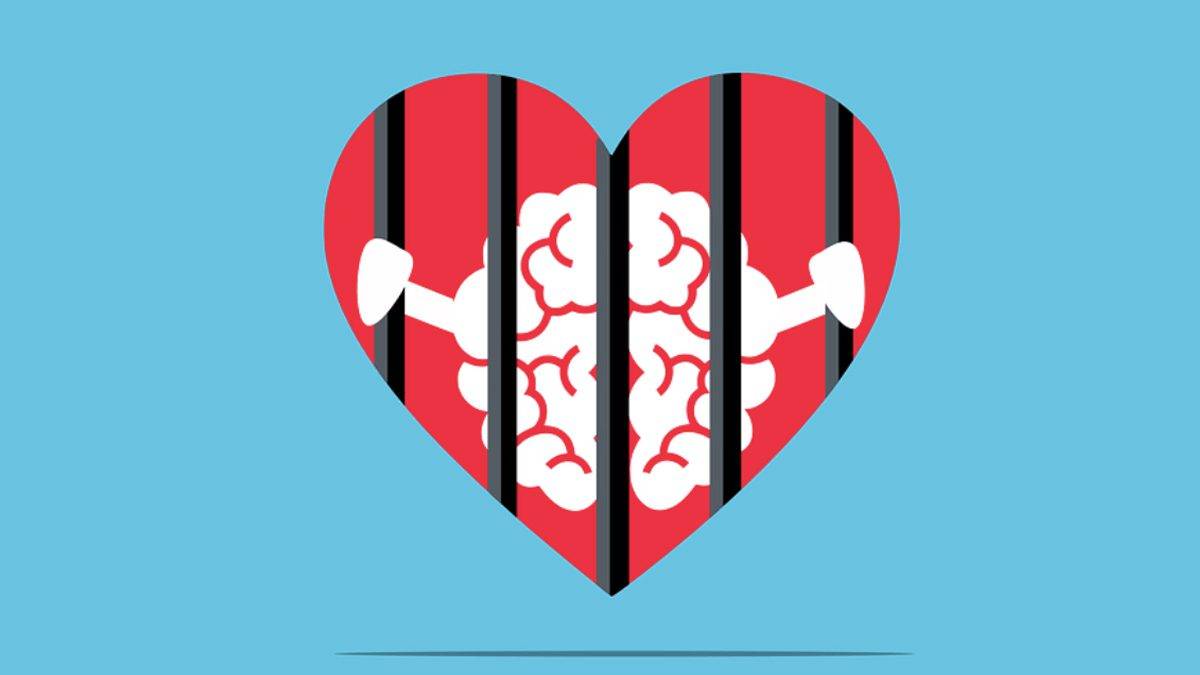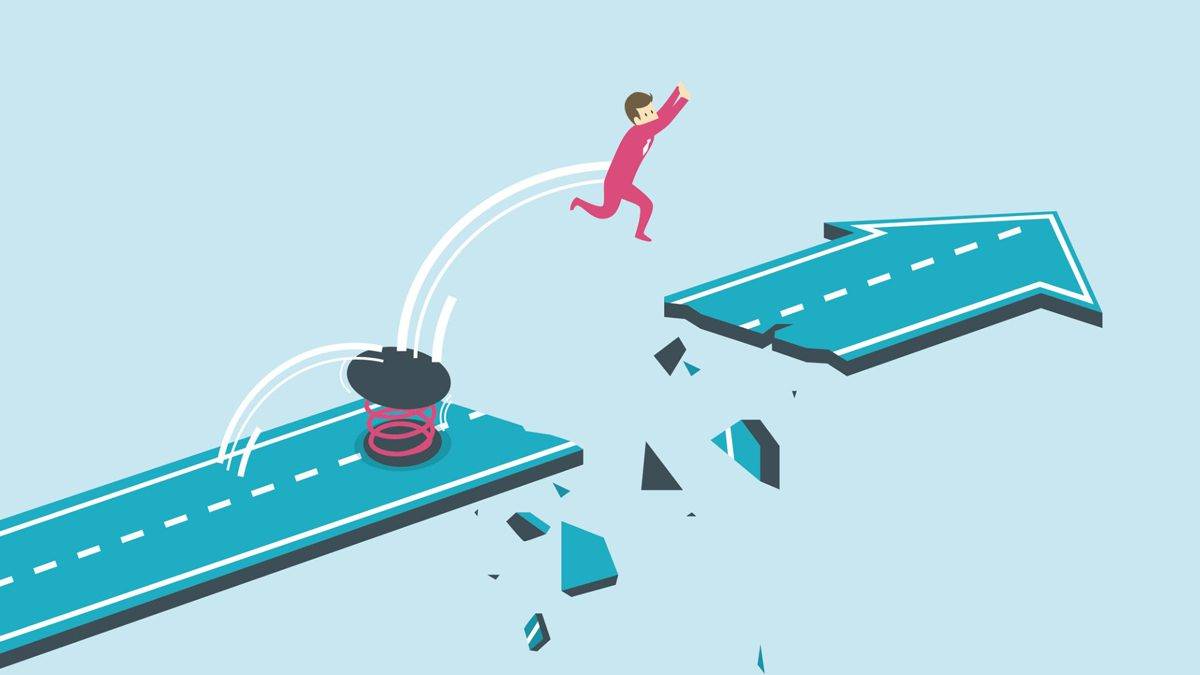Addiction is a devastating condition that can destroy lives, relationships, and futures. But how do drugs hijack the brain to such an extent? Research suggests that certain substances, such as amphetamines and opioids, alter brain structure and function, making users more impulsive and less capable of resisting cravings. This article explores how drugs manipulate the
Exploring the Impact of Excessive Internet Use The idea of Internet addiction was first proposed as a psychological disorder in the 1990s, but it wasn’t taken seriously at the time. However, with advancements in research, the understanding of excessive Internet use has significantly evolved. Today, numerous studies highlight that between 1-10% of individuals experience difficulties
You Want to Be Together All the Time: Wonderful or Obsessive? “Too much of a good thing is wonderful.” — Mae West Romantic love can feel all-consuming, often compared to addiction because of its powerful focus on another person. Love brings constant thoughts and interactions, but does this mean it’s unhealthy? Should this constant preoccupation
During addiction recovery, one powerful technique often used is distraction. While “distraction” might sound negative—like being distracted while driving—healthy distraction is a valuable tool for preventing relapse. This article explains how healthy distraction works, its role in recovery, and how it helps maintain sobriety. Understanding Healthy Distraction Healthy distraction is a way of shifting attention
Out-of-control-shopping i Primarily Driven By Poor Credit Card Management Did you know that approximately 10 percent of adults in western countries are believed to have a compulsive spending disorder? Their spending habits lead them to lose control over their buying behavior, and this trend is on the rise. Interestingly, these shopaholics are addicted to buying
When working on self-improvement, setbacks can often feel like failures. Whether it’s indulging in a late-night fast-food craving or struggling to quit smoking despite several tries, setbacks can be discouraging. However, they’re not the end of the road. Instead, they’re an essential part of the process. Research shows that each failed attempt can increase your
Help from the Unconscious After working with dreams for over thirty-five years, I am convinced that all dreams come in the service of health and wholeness. Even recurring nightmares aim to help the dreamer move forward consciously toward well-being. If a dream is remembered, it indicates an important role for the dreamer’s waking mind in
Catastrophizing is a pattern of thinking where small issues are blown out of proportion, creating overwhelming and distressing thoughts. For instance, a minor scratch on a car or a stain on the carpet may lead to spiraling fears about larger, unrelated consequences. This form of irrational thinking can drive chronic worry and anxiety, leaving individuals
The Link Between Perfectionism and Obsession in Workaholism Workaholism is not just about working excessively; it is an obsession that stems from perfectionism. Understanding this inner dynamic is crucial to grasp how workaholism leads to narcissism. In this post, we will explore how obsession plays a pivotal role in workaholism and its psychological consequences. The
Why Shame Can Both Help and Hurt Self-Control Shame is often discussed as a motivator for self-control, especially in situations like managing weight or resisting unhealthy habits. But is shame truly the key to changing behavior? Research suggests that the real drivers are emotions we anticipate, such as pride, regret, or remorse, which subtly shape










